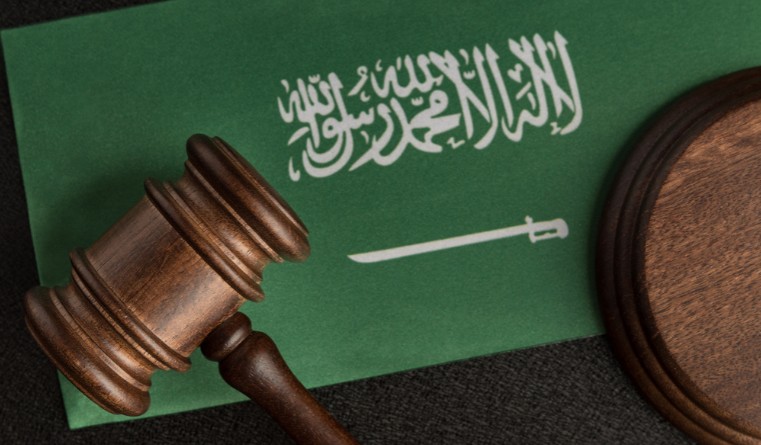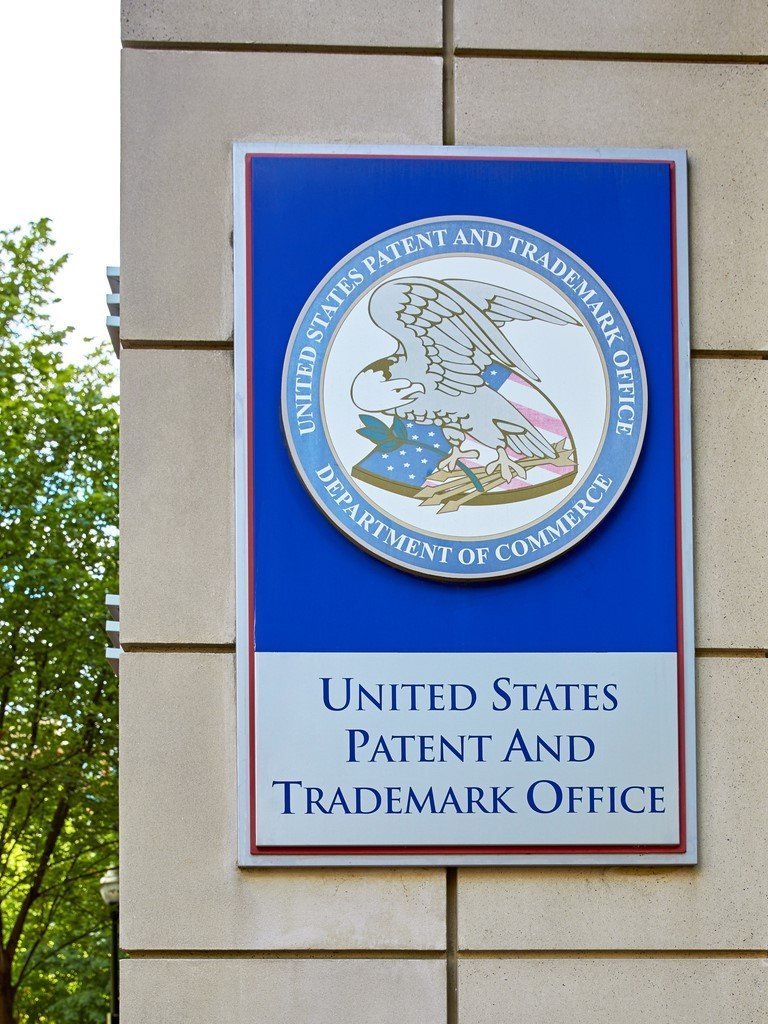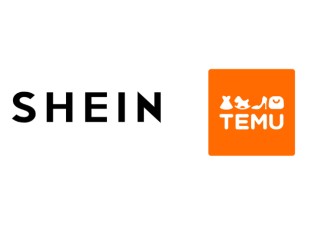USPTO named as new PCT authority by Saudi IP office
17 April 2025

The Saudi Authority for Intellectual Property (SAIP) has designated the United States Patent and Trademark Office (USPTO) as an International Searching Authority (ISA) and International Preliminary Examining Authority (IPEA) under the Patent Cooperation Treaty (PCT). Effective immediately, this allows applicants in Saudi Arabia to choose the USPTO to conduct international searches and preliminary examinations for PCT applications filed with SAIP.
This move highlights the deepening cooperation between Saudi Arabia and the U.S. in the IP field. The USPTO is now the seventh ISA recognized by SAIP, joining the Korean Intellectual Property Office (KIPO), European Patent Office (EPO), Intellectual Property Office of Singapore (IPOS), Egyptian Patent Office, Russian Federal Service for Intellectual Property (ROSPATENT) and the Canadian Intellectual Property Office (CIPO).

Jehad Ali Hasan I CEO @ JAH Intellectual Property, Doha
“One significant advantage of choosing the USPTO is the potential for smoother prosecution in the United States should the applicant later decide to enter the national phase there,” said Jehad Ali Hasan, CEO of JAH Intellectual Property in Doha. “The USPTO examiners are familiar with their own search reports and preliminary examination reports, which could lead to a more efficient examination process. Furthermore, for applicants interested in the U.S. market as a primary area of interest, selecting the USPTO as the ISA/IPEA might offer a search and examination that is particularly attuned to U.S. patent law and prior art databases. The designation by SAIP also signifies a growing collaboration between Saudi Arabia and the United States in intellectual property, potentially fostering a more streamlined communication and understanding between the respective offices.”
However, the cost associated with the USPTO as an ISA and IPEA might be higher compared to some of the other options available to Saudi applicants, such as the KIPO or the Egyptian Patent Office. While the USPTO excels in searching English-language prior art, other ISAs might have broader language capabilities, which could be advantageous if relevant prior art exists in languages other than English. For instance, EPO examiners often have proficiency in English, German and French.
Furthermore, the search and examination practices can vary between different ISAs/IPEAs. Some ISAs might have stricter interpretations of patentability criteria or unity of invention, which could impact the scope of the international search report and the preliminary examination report. It is advisable to understand the general approach of each potential ISA/IPEA. In conclusion, the decision to choose the USPTO as the ISA/IPEA for a Saudi PCT applicant involves balancing the potential benefits of familiarity for U.S. national phase entry and the strengthening of bilateral ties against factors like cost and the scope and language capabilities of the search and examination. A careful evaluation of these pros and cons, in comparison with the other ISAs/IPEAs designated by SAIP (KIPO, EPO, IPOS, the Egyptian Patent Office, ROSPATENT and CIPO), will enable Saudi applicants to select the most suitable authority for their specific needs and international patenting objectives.

Impact of USPTO designation
“The immediate impact of the USPTO’s designation as an International Searching Authority and International Preliminary Examining Authority for Saudi PCT applicants is that it introduces a new option when filing PCT applications through the Saudi Authority for Intellectual Property as the Receiving Office,” said Hasan.
Previously, Saudi IP firms and their clients had a specific set of ISAs and IPEAs to choose from. This designation adds the USPTO to that list, providing an additional jurisdiction for the international search and preliminary examination phases of the PCT process. Practically, this means that when a Saudi applicant files a PCT application with SAIP, they will now have the option to select the USPTO to conduct the international search. It is important to note that the fundamental PCT filing procedures with SAIP as the Receiving Office remain the same. Saudi applicants will still need to adhere to SAIP’s requirements regarding the language of the application, the submission of necessary documents, and the payment of the relevant PCT fees. The USPTO designation simply expands the choices available for the crucial international search and examination stages, which occur after the initial filing. Saudi IP firms will need to inform their clients about this new option and guide them in considering whether the USPTO is the most suitable ISA/IPEA for their specific international patenting goals, considering factors such as cost, strategic markets, and potential for national phase entry in the United States.
“That the SAIP has designated the USPTO as a PCT ISA and IPEA carries several broader implications for international patent cooperation,” said Hasan. “Firstly, it signifies a strengthening of bilateral ties between Saudi Arabia and the United States in the realm of intellectual property. This collaboration can foster greater understanding and harmonization of patent practices and standards between the two nations. It could potentially lead to further cooperative initiatives in IP training, exchange of expertise and mutual recognition of certain procedures, ultimately benefiting applicants and the overall international patent system.”
He added: “Secondly, this designation enhances the multilateral framework of the Patent Cooperation Treaty. By increasing the number and diversity of available ISAs and IPEAs, the PCT system becomes more robust and offers applicants a wider range of choices tailored to their specific needs and strategic goals. The inclusion of a prominent IP office like the USPTO in the list of authorities recognized by SAIP can increase confidence in the PCT system for Saudi applicants and potentially encourage greater utilization of the treaty for international patent protection.”
“Thirdly, it could have regional implications. As SAIP establishes itself as a key IP hub in the Middle East and North Africa (MENA) region, this collaboration with a major global player like the USPTO could encourage other IP offices in the region to explore similar partnerships and adopt international best practices. It might also facilitate greater cross-regional patent filings and cooperation, contributing to a more interconnected global innovation ecosystem. Furthermore, the designation could indirectly impact the quality and efficiency of international search and examination reports,” said Hasan.
- Excel V. Dyquiangco







